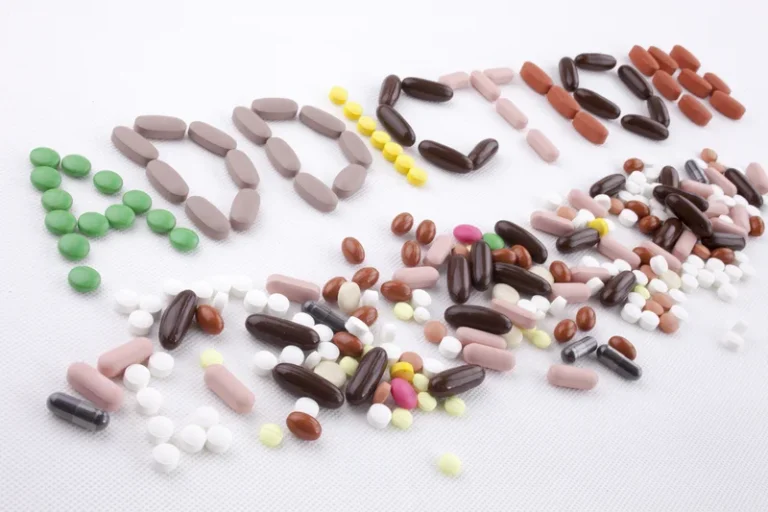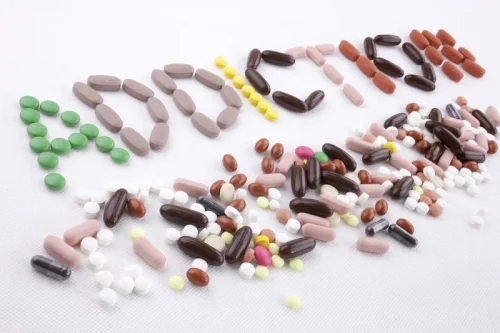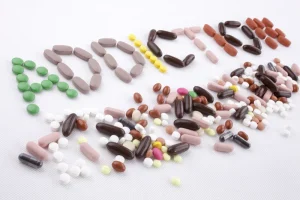
Remember that as a parent, your child is much more likely to mimic your actions than listen to your words. No matter how much you preach about the dangers of underage drinking, if you reach for a drink to unwind at the end of a stressful day, your teen may be tempted to follow your example. If you have concerns about your child’s alcohol use, you may want to reevaluate and make changes to your own drinking habits as well. On top of that, there are also emotional and behavioral consequences to underage drinking.
Choosing Drug Rehab and Addiction Treatment

Screening by a primary care provider or other health practitioner (e.g., pediatrician) provides an opportunity to identify problems early and address them before they escalate. It also allows adolescents to ask questions of a knowledgeable adult. NIAAA and the American Academy of Pediatrics both recommend that all youth be regularly screened for alcohol use.
- If your teen goes to a party and chooses to have a drink, it’s a mistake that can be rectified.
- Choose a time when your teen hasn’t been drinking and you’re both calm and focused—and turn off your phone to avoid distractions.
- Saying, “My parents are coming to pick me up soon,” “I already got in major trouble for drinking once, I can’t do it again,” or “my coach would kill me,” can make saying no a bit easier for some.
- Alcohol advertising also focuses on positive experiences with alcohol, selling their brands as desirable lifestyle choices.
- Teach your child ways to cope with the stress they experience at every stage of their life.
Canadians had been feeling gloomy about their country. Trump changed that.
- Adolescents tend to drink if the adults around them drink or binge drink alcohol.
- Young people who drink alcohol are more likely to engage in risky behaviors that can lead to injuries and other health conditions.
- Learn more about the effects of racism on health and the impact of homophobia.
- Having conversations with them about alcohol is a strong start.
- Rates of alcohol consumption also vary depending on social factors.
More alcohol causes greater changes in the brain, resulting in intoxication. People who have overused alcohol may stagger, lose their coordination, and slur their speech. Depending on the person, intoxication can make someone very friendly and talkative or very aggressive and angry. Reaction times are slowed dramatically — which is why people are told not to drink and drive. People who are intoxicated may think they’re moving properly when they’re not. Kids face a huge amount of stress as they navigate the teenage years.

Alcohol harms the brain in teen years –– before and after that, too
- Alcohol poisoning is exactly what it sounds like — the body has become poisoned by large amounts of alcohol.
- Alcohol also seems to be falling out of favor in the court of public opinion – again, especially among younger Americans.
- This is when you drink an excessive amount of alcohol at one time.
- It can be extremely distressing as a parent to witness the after-effects of your teen’s binge drinking.
Parents and teachers can play a meaningful role in shaping youth’s attitudes toward drinking. Parents, in particular, can have either a positive or negative influence. The Monitor is a peculiar little publication that’s hard for the world to figure out. We’re run by a church, but we’re not only for church members and we’re not about converting people. We’re known as being fair even as the world becomes as polarized as at any time since the newspaper’s founding in 1908.

Alcohol use in teens: Risks and statistics
Other types of alcohol, like rubbing teens drinking alcohol alcohol (isopropyl alcohol), are poisonous if consumed. For more advice on talking to your teen and strategies for preventing alcohol use and abuse, visit the website of the National Institute on Alcohol Abuse and Alcoholism. Teenagers often rebel against their parents but if they hear the same information from a different authority figure, they may be more inclined to listen. Try seeking help from a sports coach, family doctor, therapist, or counselor. According to the National Institute on Alcohol Abuse and Alcoholism (NIAAA), about 3.4% of US teenagers ages 12 to 17 have AUD. People can speak with a doctor, mental health professional, or support organization about themselves or for advice on helping someone else.
- Less than 1% of people over 65 reported using cannabis in 2006.
- Use of alcohol greatly increases the chance that a teen will be involved in a car crash, homicide, or suicide.
- It also allows adolescents to ask questions of a knowledgeable adult.
- They want to feel heard and understood, so even when you don’t like or agree with what they’re saying, it’s important to withhold blame and criticism.
- This can include not serving alcohol at parties, and adult supervision when friends are over.
Deaths from excessive alcohol use

Explain to your teen that this lack of privacy is a consequence of having drug addiction treatment been caught using alcohol. Often, helping someone with AUD starts with a conversation. This talk may be a challenging but necessary first step in getting your teen the help they need.
